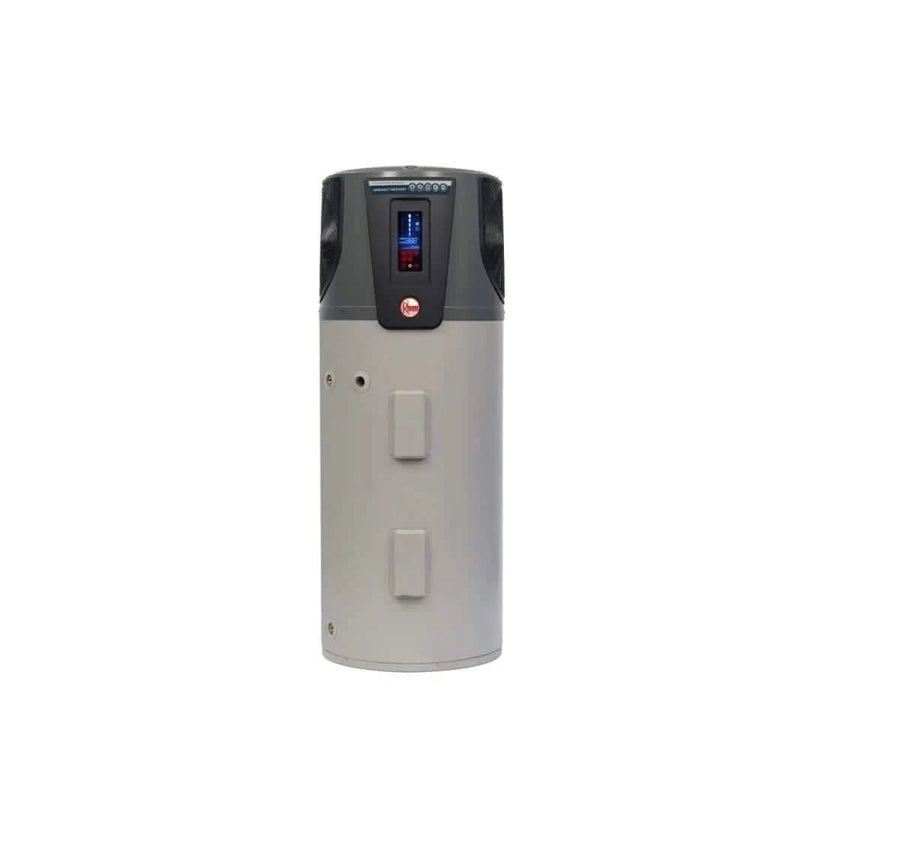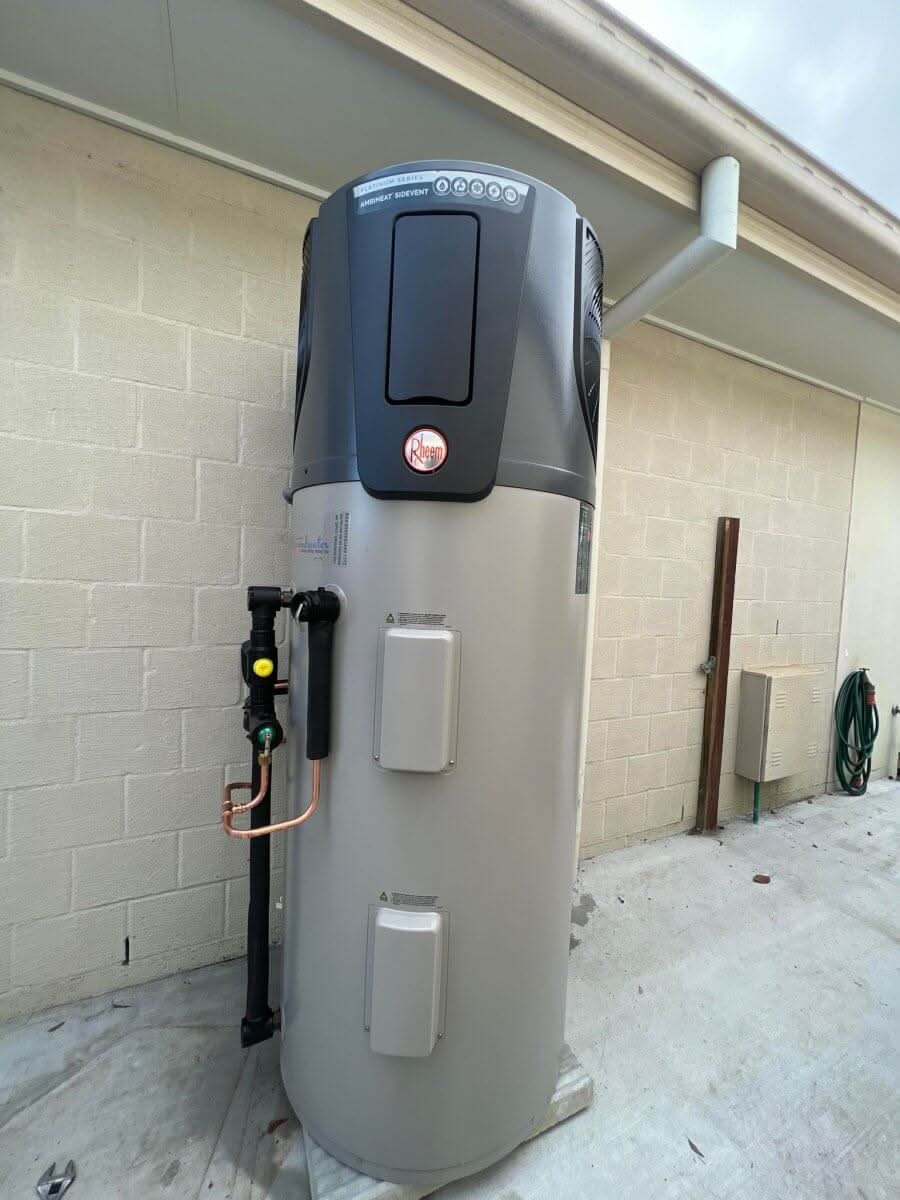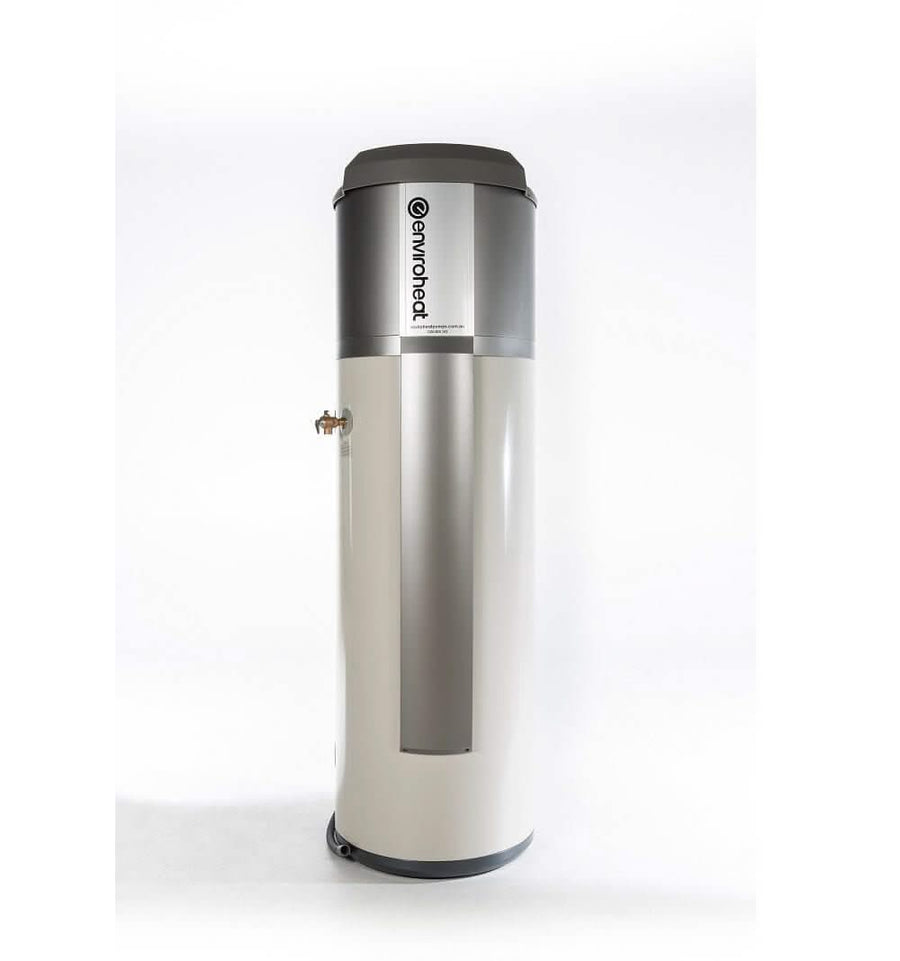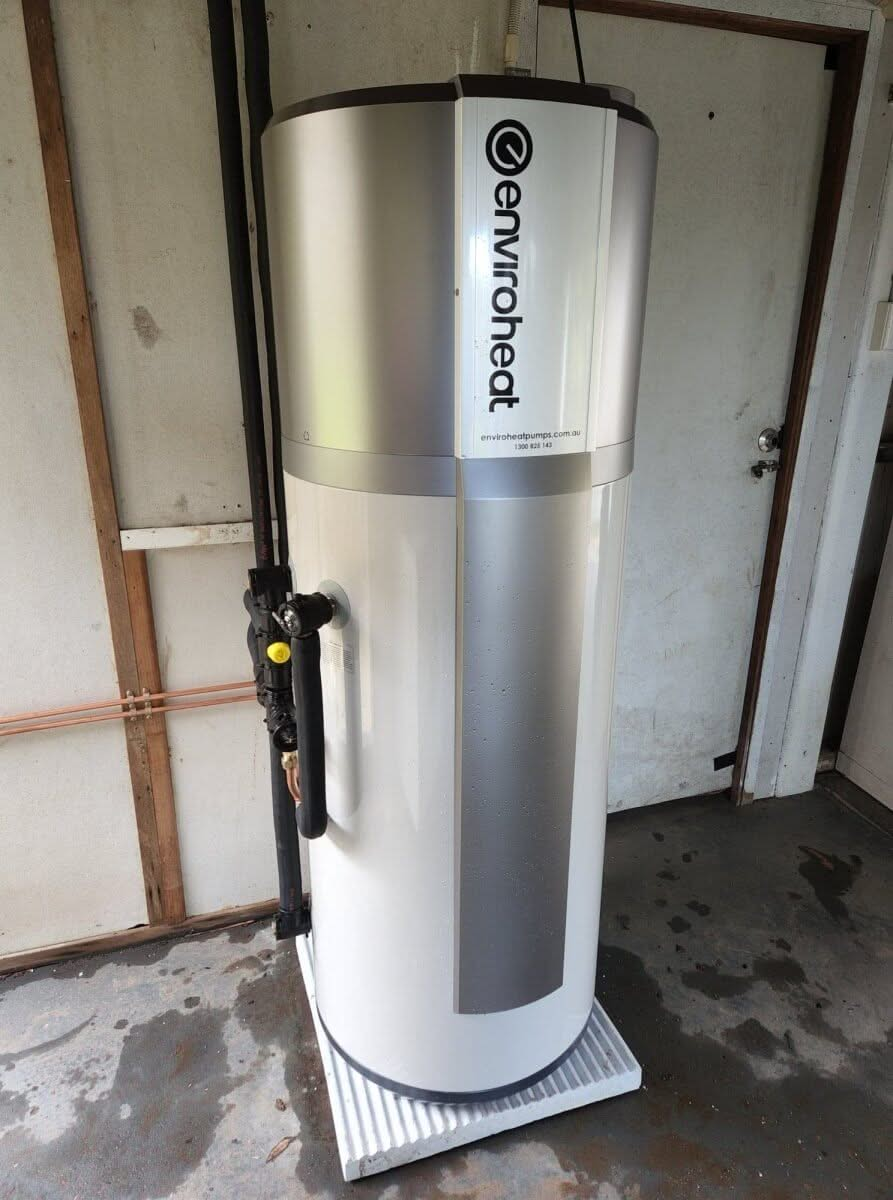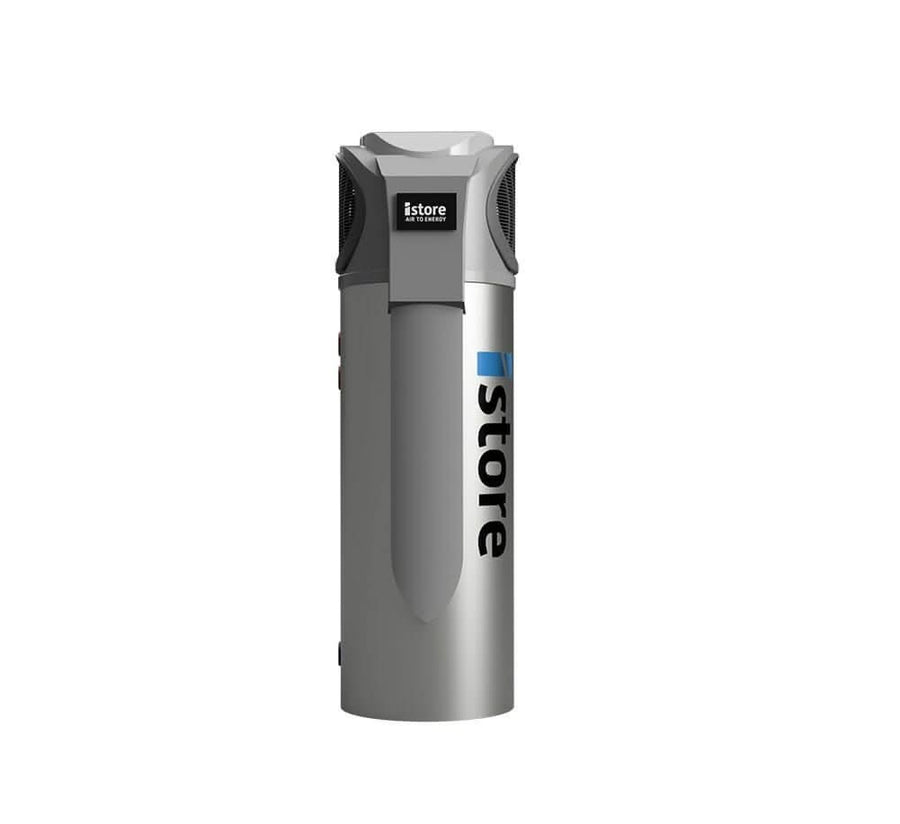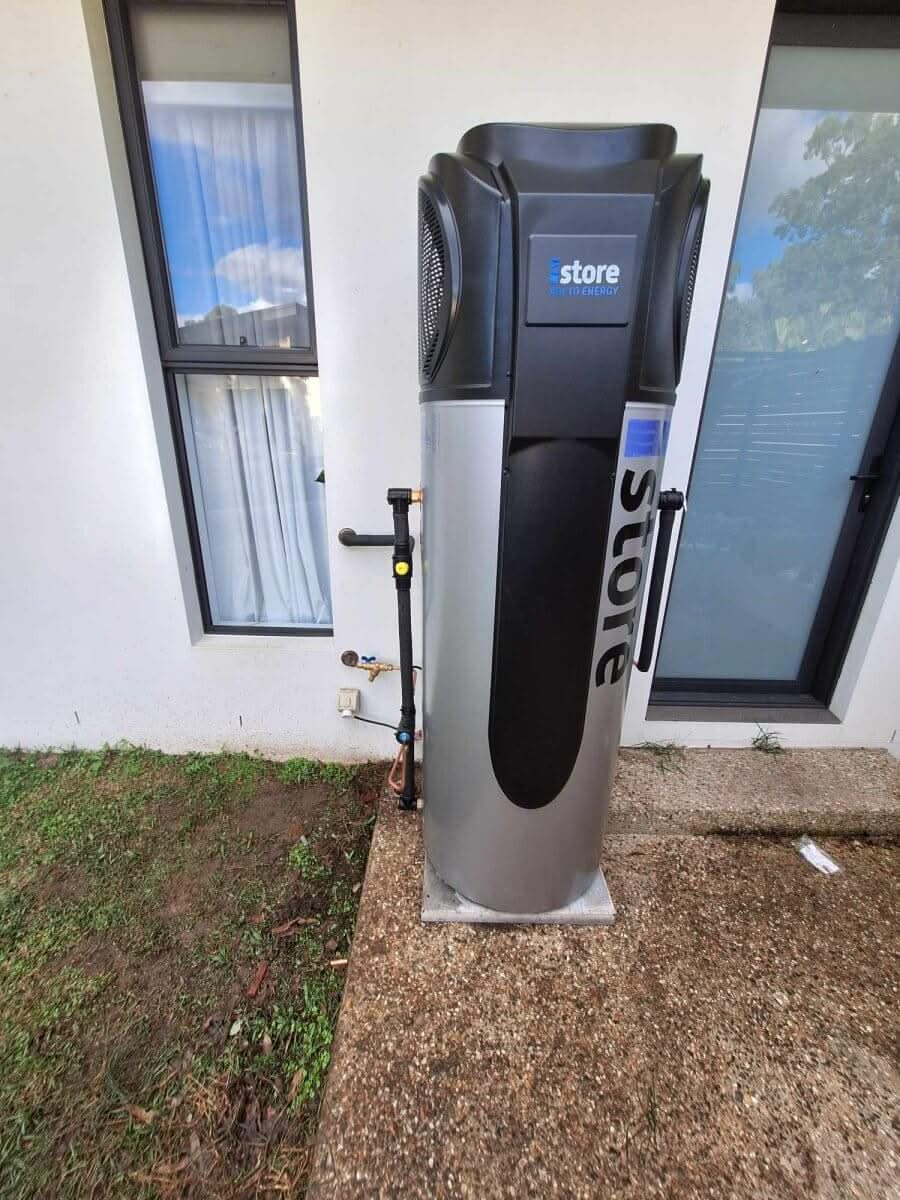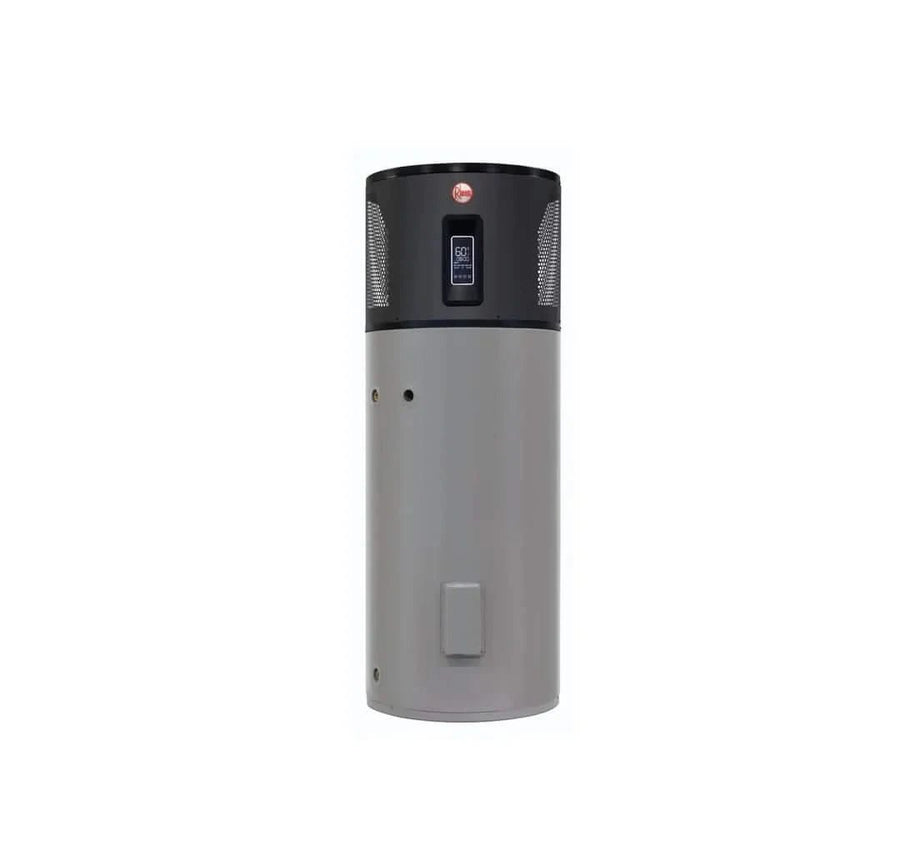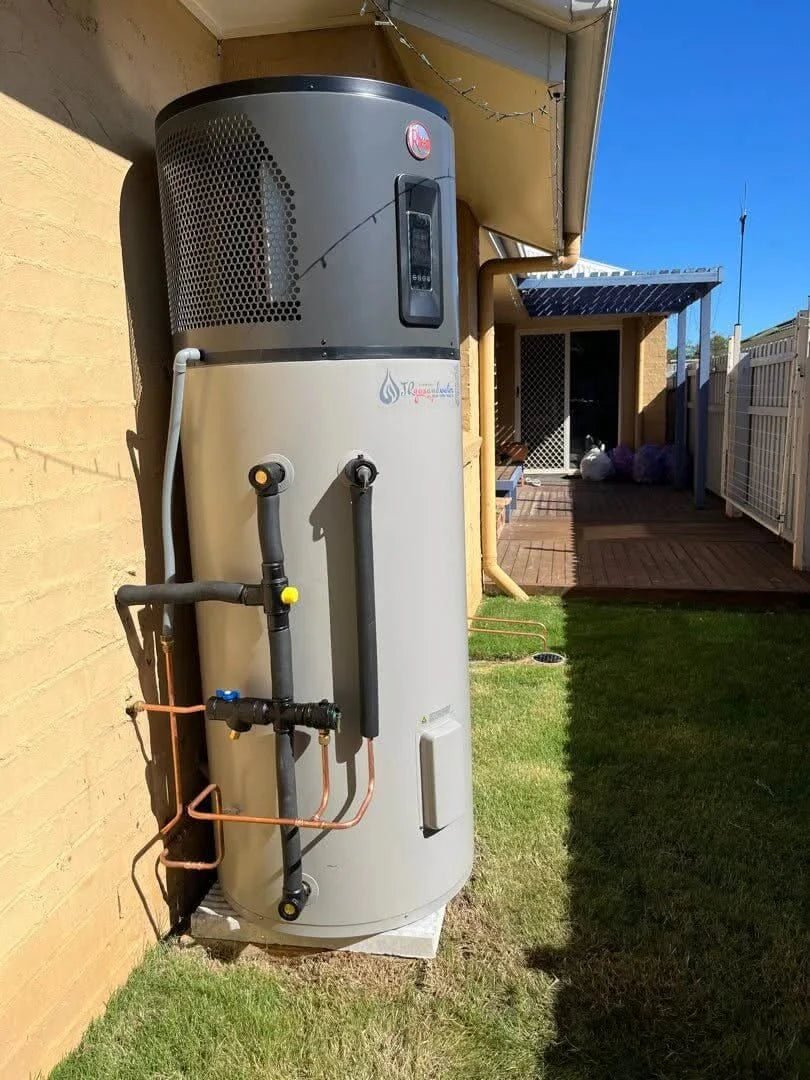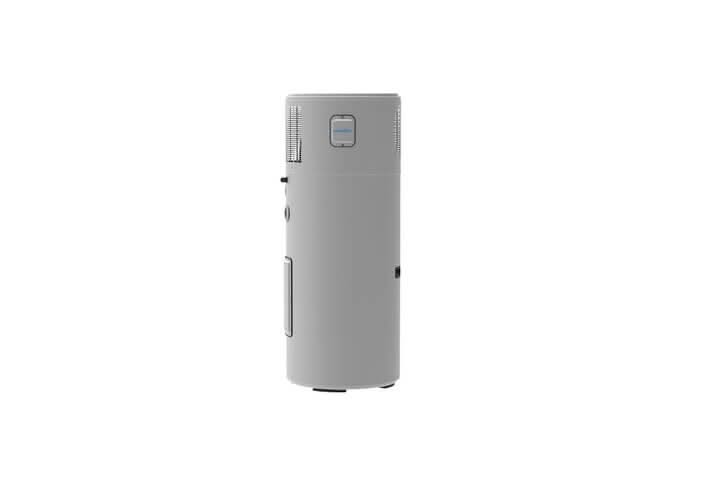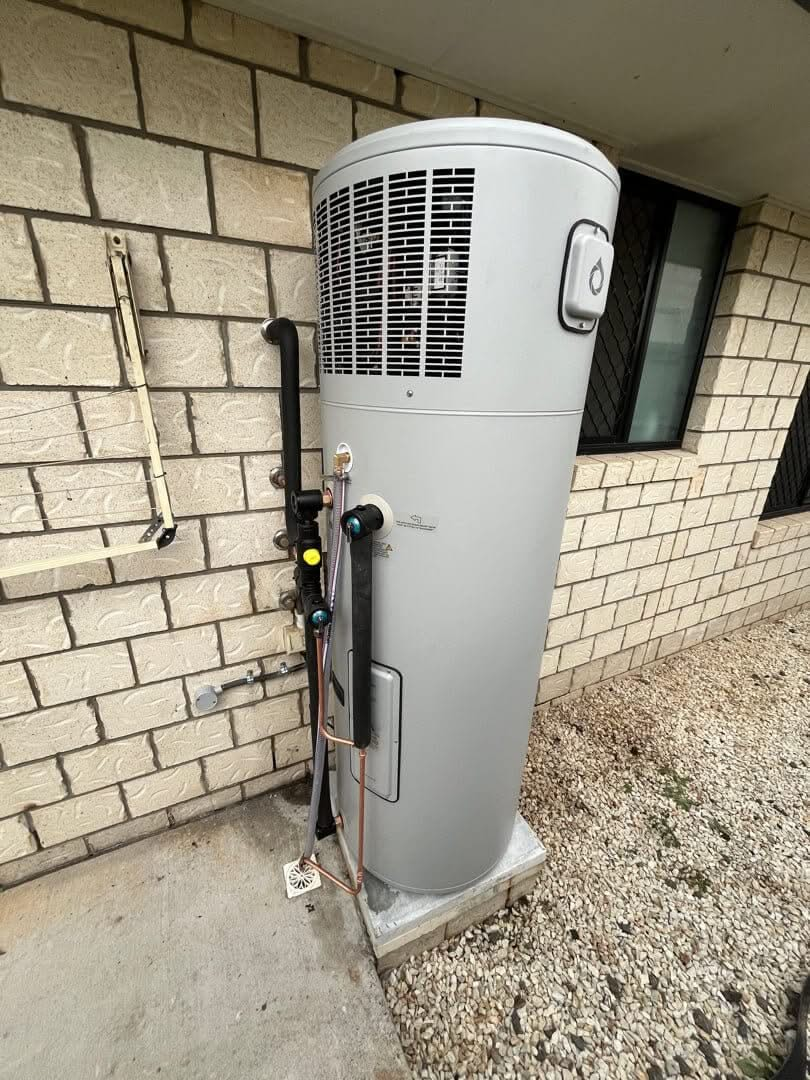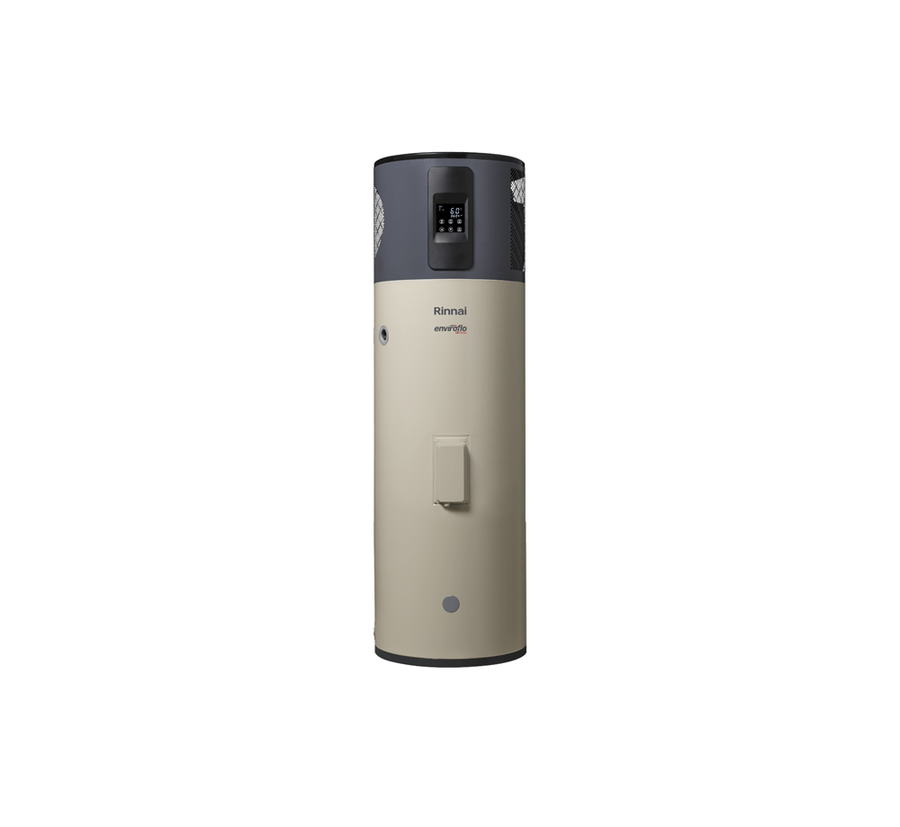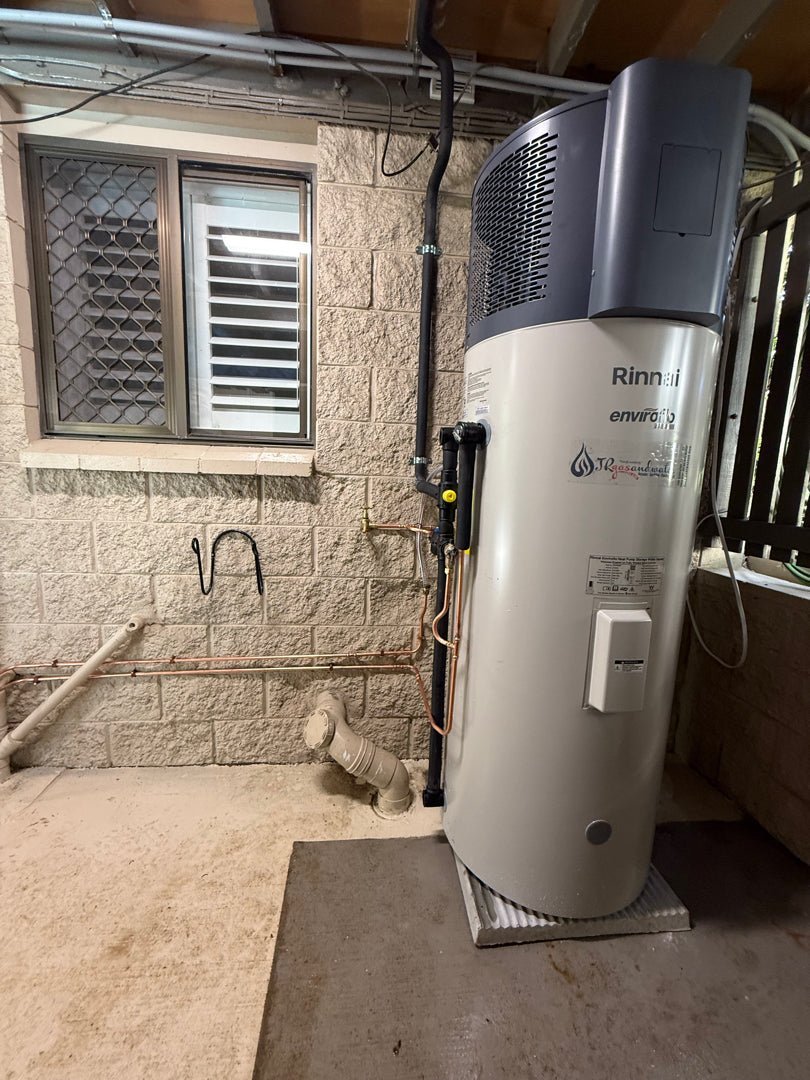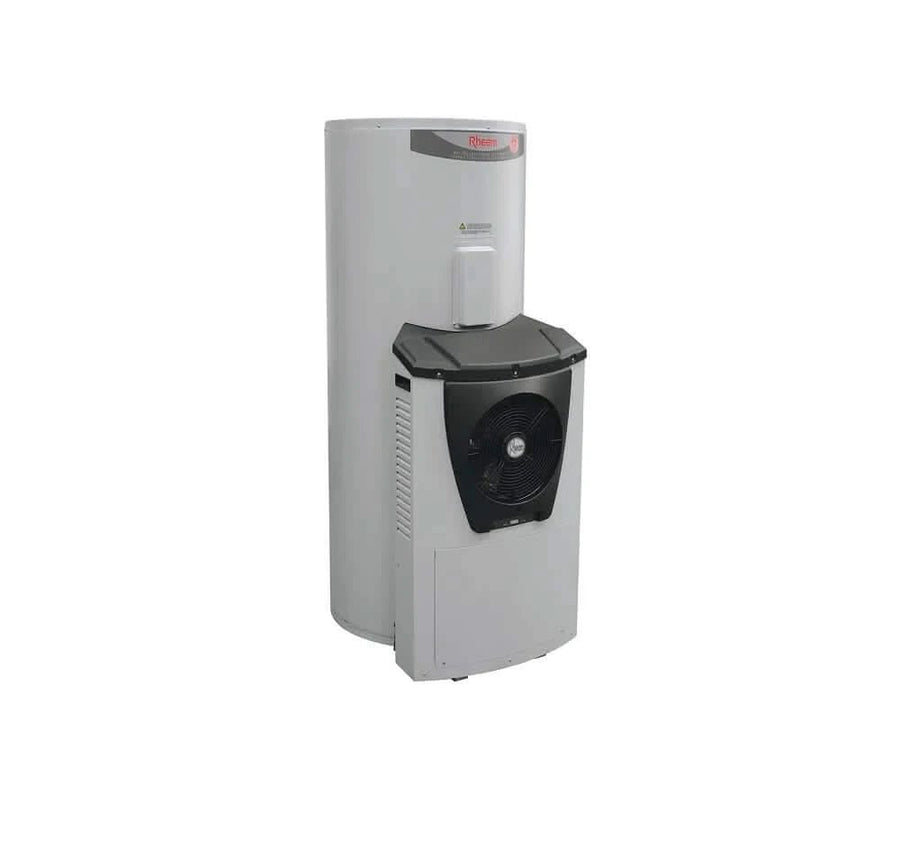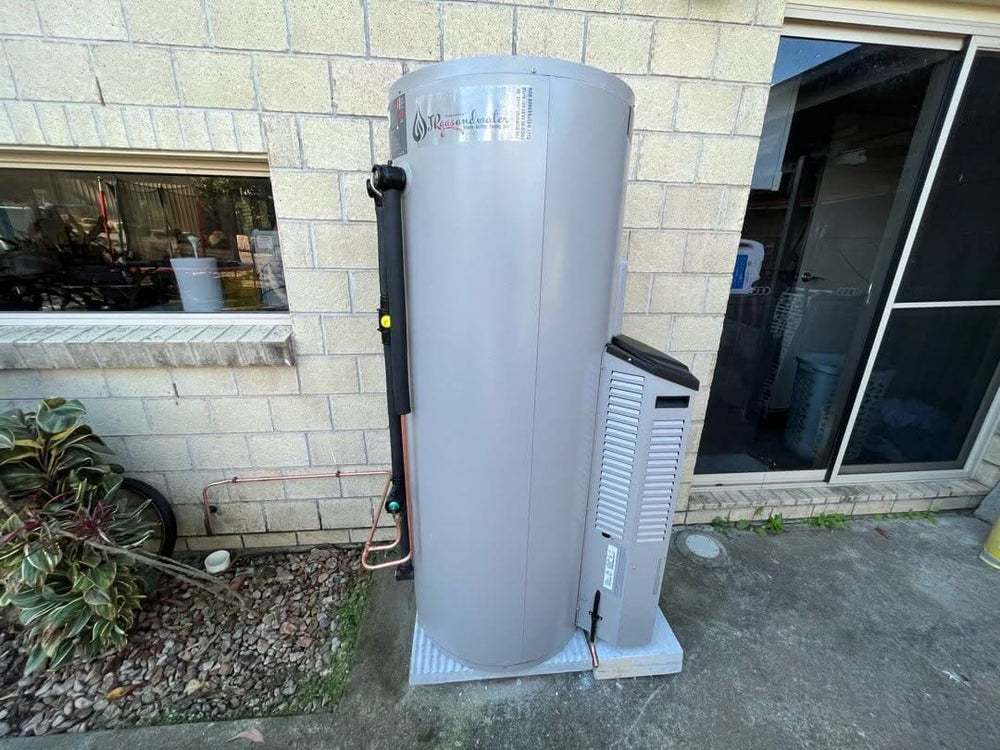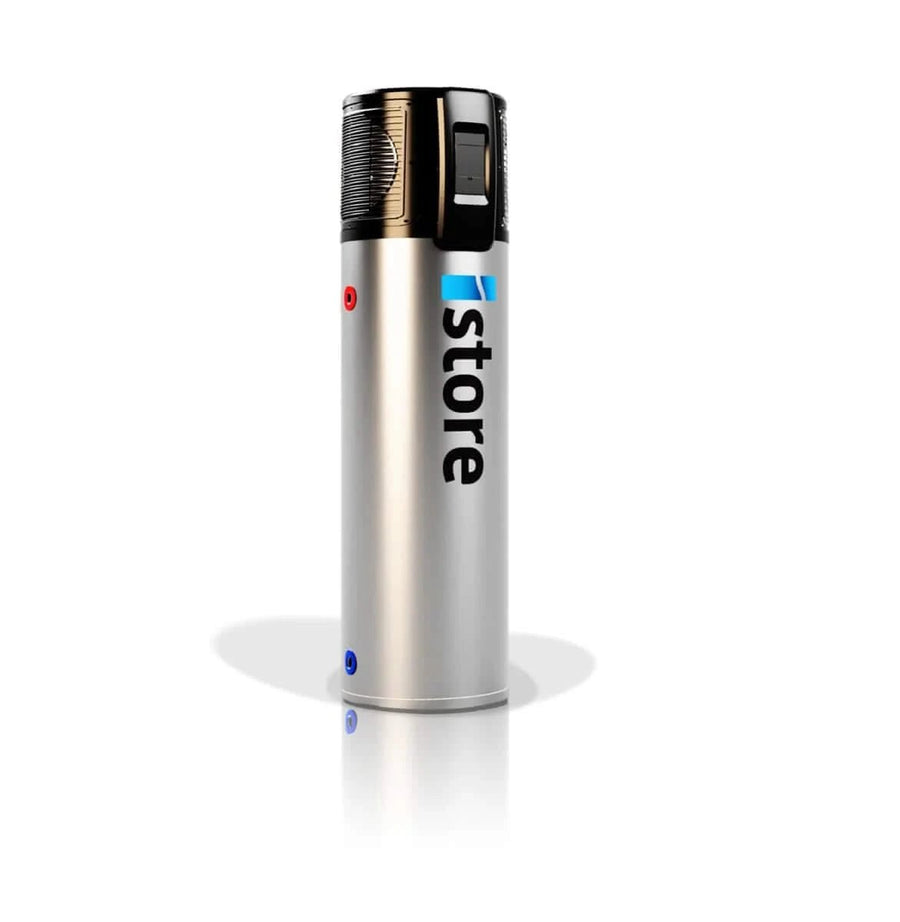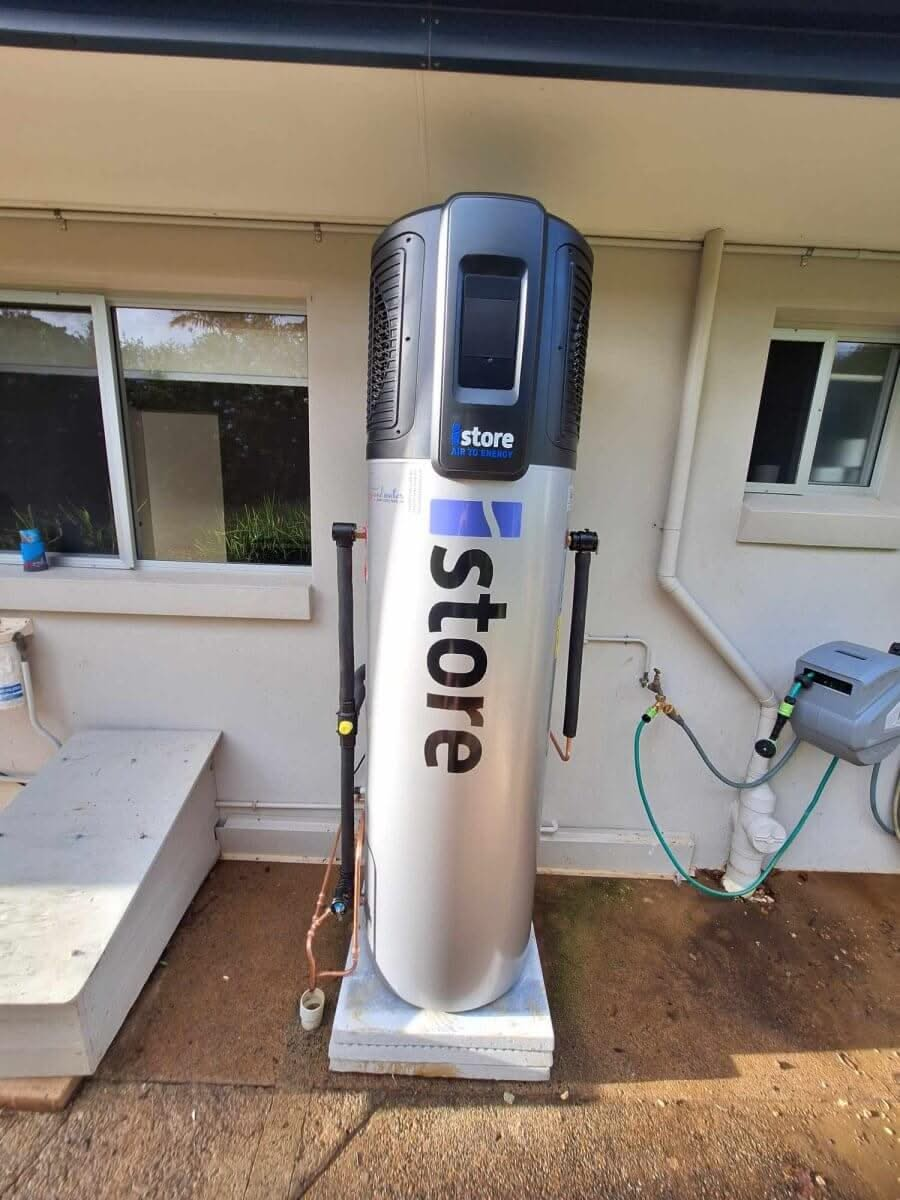Effortless Replacing Hot Water System: Installation & Cost Guide
Need to replace your hot water system? This guide covers everything: identifying if your system needs replacing hot water system, choosing the right type, sizing it correctly, understanding installation steps, and costs involved. Get all the information you need for a hassle-free replacement.
Key Takeaways
-
Signs of a failing hot water system include leaks, discolored water, unusual noises, and inconsistent temperatures, indicating a replacement is needed, especially in units over 8 to 12 years old.
-
When choosing a hot water system, consider available options such as electric, gas, solar, and heat pump systems, each offering distinct benefits based on household needs and financial considerations.
-
Regular maintenance and timely servicing of hot water systems, alongside understanding installation costs and potential financial incentives, can enhance system longevity and efficiency while reducing long-term expenses.
Signs Your Hot Water System Needs Replacement
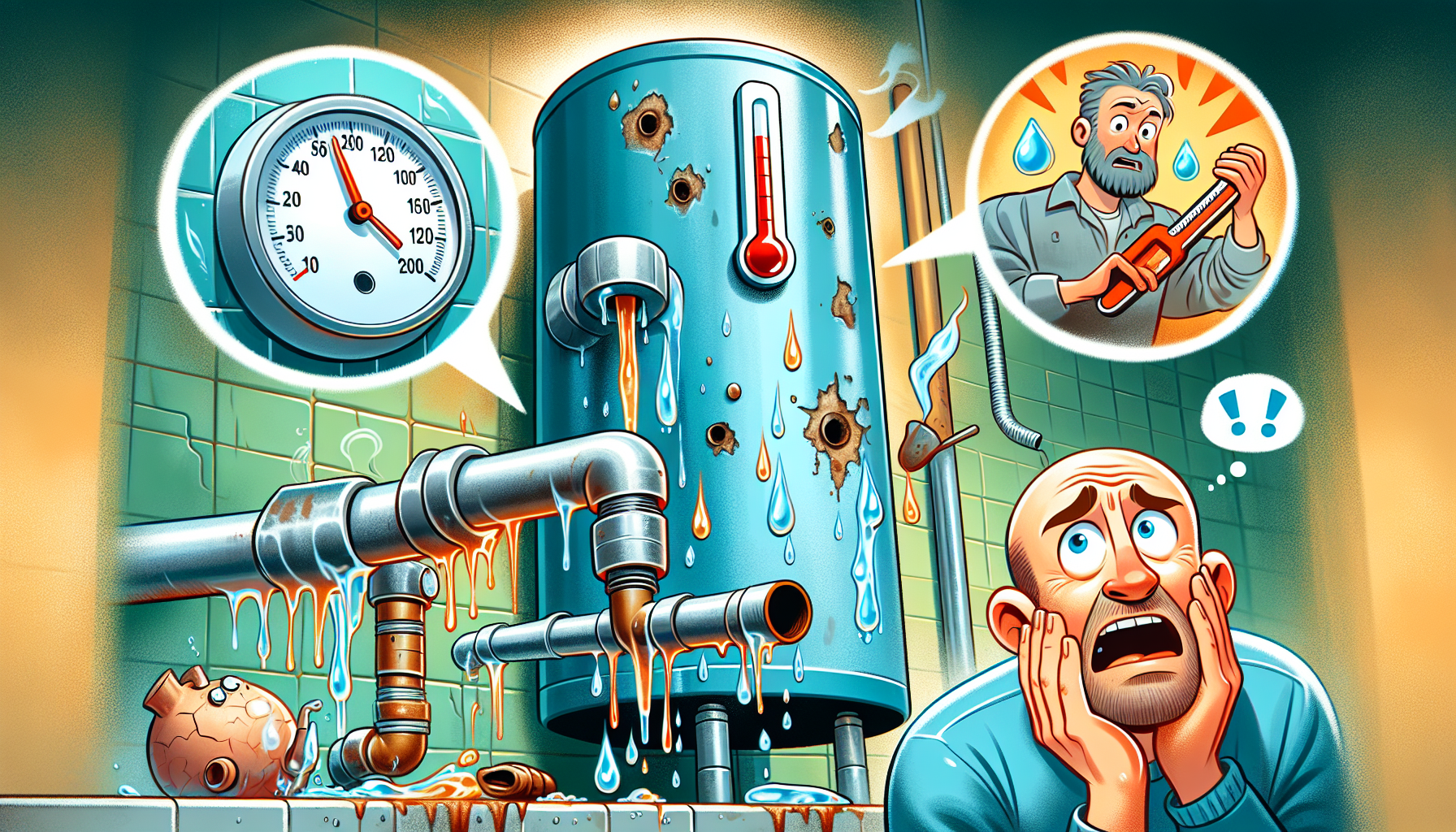
A leaking hot water tank often indicates that your unit is nearing the end of its life. Unaddressed leaks can damage your property and lead to expensive repairs. Rusty or discolored water from your taps may indicate a failing hot water system and internal corrosion. Such issues are not just unpleasant but can also pose health risks.
Popping or rumbling sounds from your water heater typically suggest sediment buildup or failing components. Wild fluctuations in water temperature or frequent shortages of hot water clearly show the system is malfunctioning.
Hot water systems typically last 8 to 12 years. If your system falls within this range, considering a replacement could help avoid sudden breakdowns.
Choosing the Right Hot Water System for Your Home
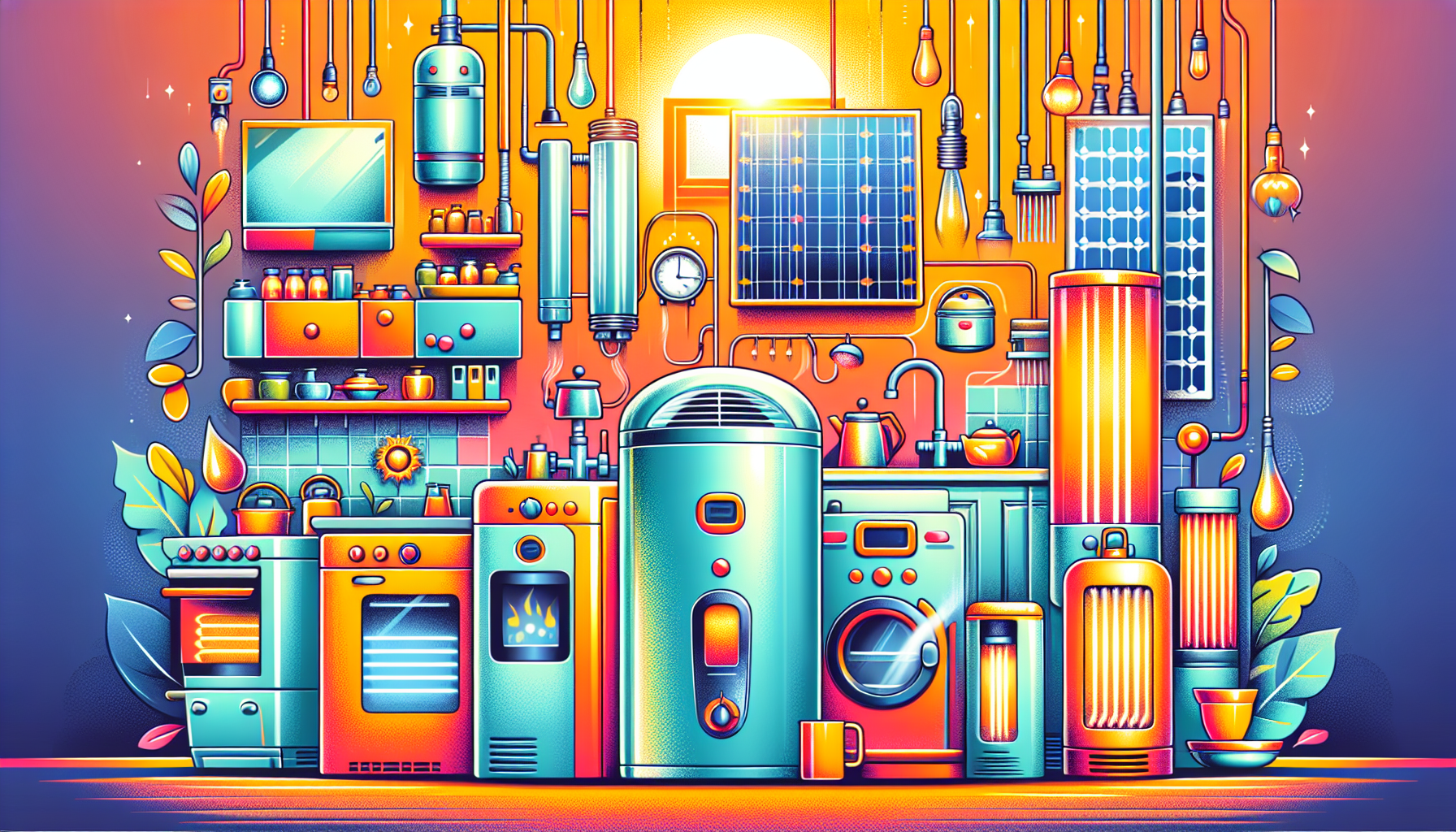
Choosing the right hot water system for your home means understanding the available options: electric, gas, solar, and heat pump systems. Each type offers unique advantages and considerations, so it’s important to match the system to your household’s needs and preferences.
Examining these options in detail can help you make an informed decision.
Electric Hot Water Systems
Electric hot water systems are favored for their energy efficiency and ease of installation. These systems can be installed in various locations without needing gas lines, offering versatility and convenience for many homes. Electric systems are available in two types: storage and continuous flow. Storage systems heat and store water, while continuous flow systems heat water on demand, conserving energy and reducing wastage. An electric water heater is a popular choice for those looking to upgrade their hot water systems.
A key advantage of electric systems is their ability to operate during off-peak energy periods with smart controls and timers, leading to substantial savings on your energy bill. They also require minimal maintenance, ensuring a hassle-free experience for homeowners.
Despite higher running costs due to electricity prices, their lower upfront costs and convenience make them a viable option for many.
Gas Hot Water Systems
Gas hot water systems, particularly natural gas storage tanks, are known for their quick heating capabilities and cost-effectiveness, especially in regions where gas is cheaper than electricity. Ideal for larger households with high hot water demands, these systems provide a reliable supply without the higher energy costs of electric systems.
For quick and efficient hot water delivery, a gas water heater hot water system might be the right choice.
Solar Hot Water Systems
Solar hot water systems represent the pinnacle of eco-friendly water heating solutions. These systems harness solar power to significantly reduce energy bills and environmental impact. Often equipped with electric or gas boosters, they ensure a consistent hot water supply during low sunlight periods, making them reliable and sustainable. A solar hot water system can enhance your home’s efficiency while providing the comfort of hot water. Additionally, solar water heaters can be an excellent investment for long-term savings.
While the upfront costs are higher, the long-term savings and environmental benefits make solar hot water systems a worthwhile investment.
Heat Pump Water Heaters
Heat pump water heaters are highly energy-efficient, extracting heat from the surrounding air to warm water. This technology greatly reduces electricity usage compared to traditional electric systems, resulting in substantial energy bill savings. Heat pumps are an excellent alternative for those looking to enhance their energy efficiency.
These systems often qualify for government rebates, making them appealing to environmentally conscious homeowners. For a system that combines efficiency and sustainability, a heat pump water heater might be ideal.
Sizing Your New Hot Water System
Selecting the right size for your hot water system is essential for maintaining energy efficiency and lowering operating costs. The system should match your household’s needs to prevent running out of hot water or wasting energy heating excess water.
Key factors to consider include household size and usage, and peak water demand.
Household Size and Usage
Household size and hot water usage patterns greatly influence the capacity requirements of your hot water system. For example, a family of four typically requires a system with a capacity of 190-230 liters to meet their daily hot water needs.
The number of bathrooms and hot water outlets in your home also plays a significant role in determining the right system size. Considering these factors ensures you choose a system that efficiently meets your household’s demands.
Peak Water Demand
Assessing peak water demand is crucial to ensure your hot water system can handle high usage periods without shortages. Systems like AquaMax’s Stainless Steel range are designed for high-demand scenarios, providing a consistent supply even during peak times.
Selecting a system that meets your peak water demand prevents shortages and enhances overall comfort.
Installation Process: What to Expect
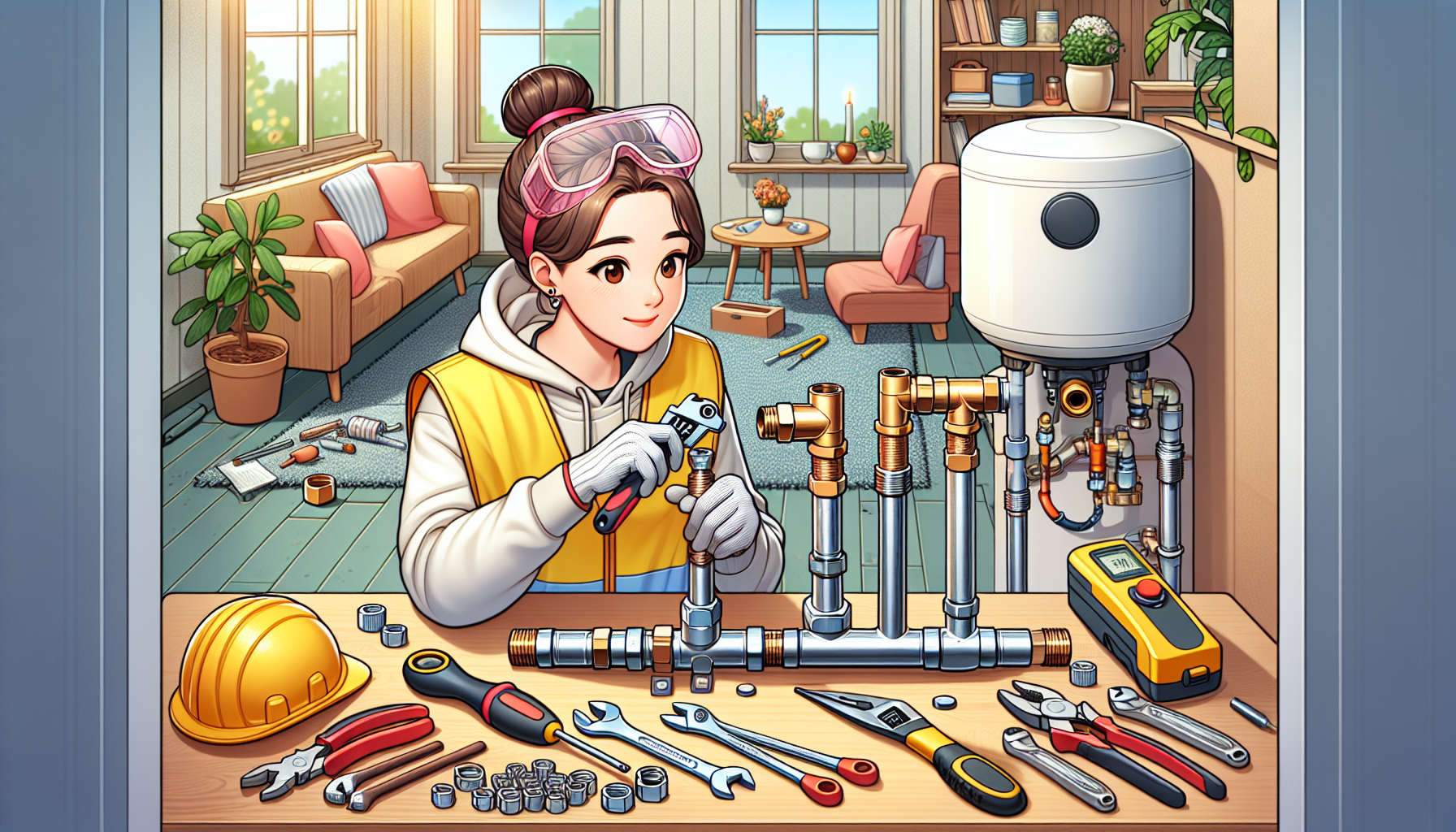
Installing a new hot water system requires careful planning and preparation. Choosing the right location and ensuring all safety measures are in place can make the process complex, often requiring professional expertise.
The installation process can be broken down into three main stages: preparation and safety, installation steps, and post-installation checks.
Preparation and Safety
Thorough preparation and adherence to safety guidelines are critical for a successful installation. Maintain minimum clearance from combustible materials and access doors or windows when installing an electric hot water system.
Proper venting installation is necessary for gas heaters to safely carry away exhaust gases. Follow manufacturer guidelines and local regulations to ensure safe and efficient operation of your new hot water system.
Installation Steps
Start the installation process by draining and disconnecting the existing unit. After removing the old unit, position the new tank and make all necessary plumbing connections.
Fill the new tank with water, test for leaks, connect the power source, and adjust the temperature settings for optimal performance. Install a pressure relief valve on the hot water outlet to prevent pressure buildup and ensure safety.
Post-Installation Checks
Once installation is complete, perform a final inspection of all connections to verify correct operation. Test hot water at various outlets in your home to ensure consistent delivery and check for leaks.
These post-installation checks confirm that all fittings are secure and there are no gas leaks, if applicable.
Costs Involved in Replacing a Hot Water System
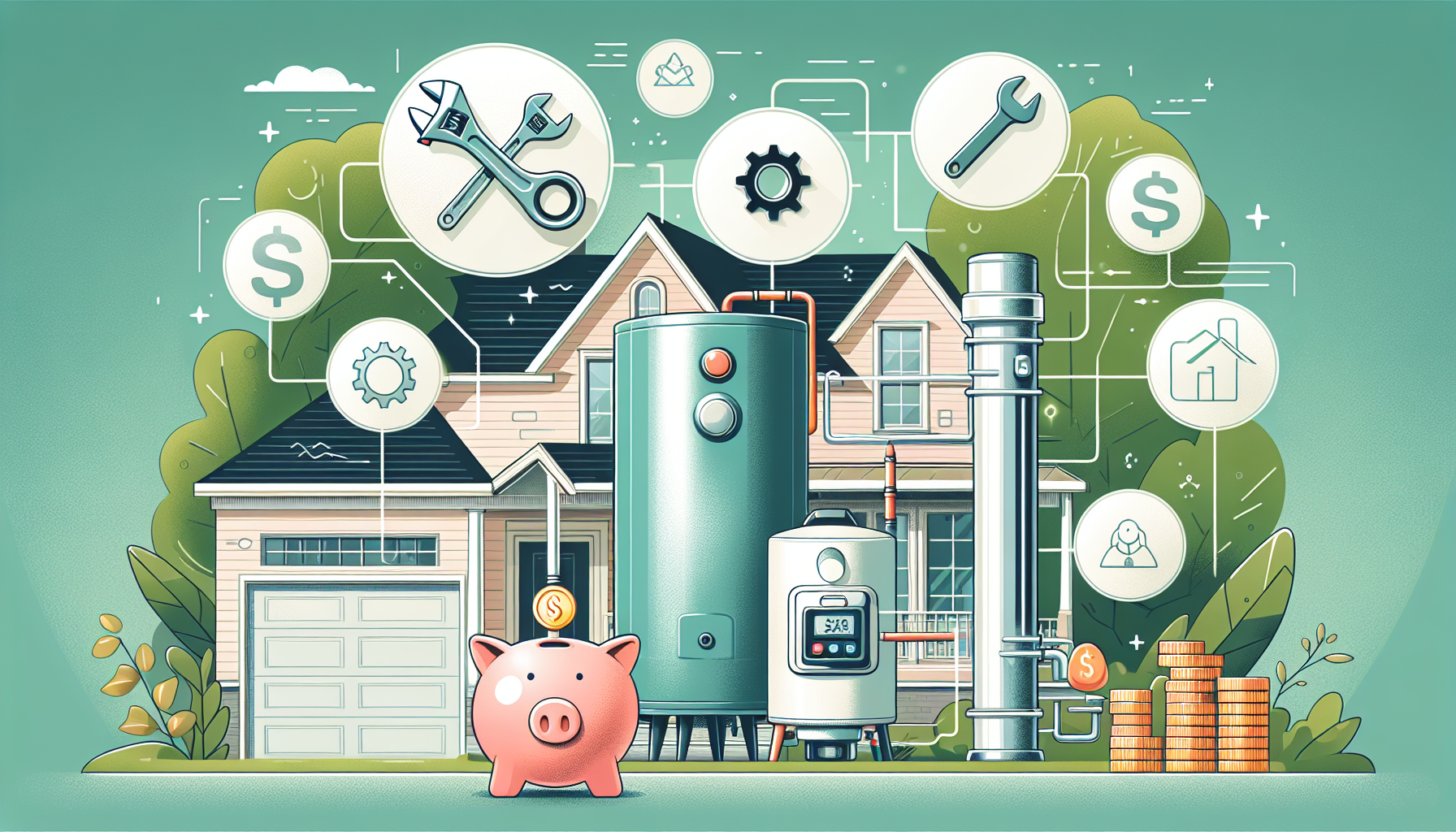
Replacing a hot water system involves several costs, including upfront purchase prices, installation fees, and ongoing running costs. Understanding these expenses helps you make an informed decision and manage your budget effectively.
We will explore these costs in detail, starting with the upfront costs, followed by running costs, and potential savings.
Upfront Costs
The initial cost of a hot water system includes the purchase price and installation fees. Gas hot water systems typically range from $900 to $2,000, while heat pump systems cost between $2,500 and $4,000. Solar hot water systems are generally the most expensive, with prices ranging from $2,000 to over $7,000, depending on energy use and household size. Electric systems are usually the least expensive, with storage water heaters priced between $300 and $2,000.
Additional expenses may include plumbing adjustments, permits, and necessary upgrades to your home’s electrical or gas systems. Considering these upfront costs helps you select a system that meets both your financial and household needs.
Government rebates and incentives can significantly reduce these initial costs, making energy-efficient systems more affordable.
Running Costs
Ongoing expenses for operating a hot water system depend on energy tariffs, which vary based on the type of heating system and household size.
For example:
-
Gas systems generally incur lower running costs compared to electric models.
-
To lower the running costs of an electric hot water system, use smart controls and implement water-saving habits.
-
Utilizing off-peak tariffs can further contribute to cost savings.
Heat pump systems are highly energy-efficient, using less electricity than traditional electric systems, leading to lower energy bills. Solar hot water systems provide substantial savings by harnessing solar energy, reducing reliance on grid electricity.
Understanding these running costs helps you choose a system that offers long-term savings and efficiency.
Potential Savings
Energy-efficient hot water systems can significantly reduce monthly energy bills while providing reliable hot water. Solar hot water systems and heat pump water heaters use renewable energy sources, reducing energy costs and environmental impact. Government incentives and rebates encourage homeowners to upgrade to these energy-efficient systems, further reducing overall costs.
Rebates are available for eligible products like solar and heat pump water heaters, promoting energy-efficient options for consumers. The application process for these incentives typically involves submitting a form with proof of purchase for eligible products.
Taking advantage of these programs allows you to make a more sustainable and economical choice for your hot water needs.
Maintenance Tips for Longevity
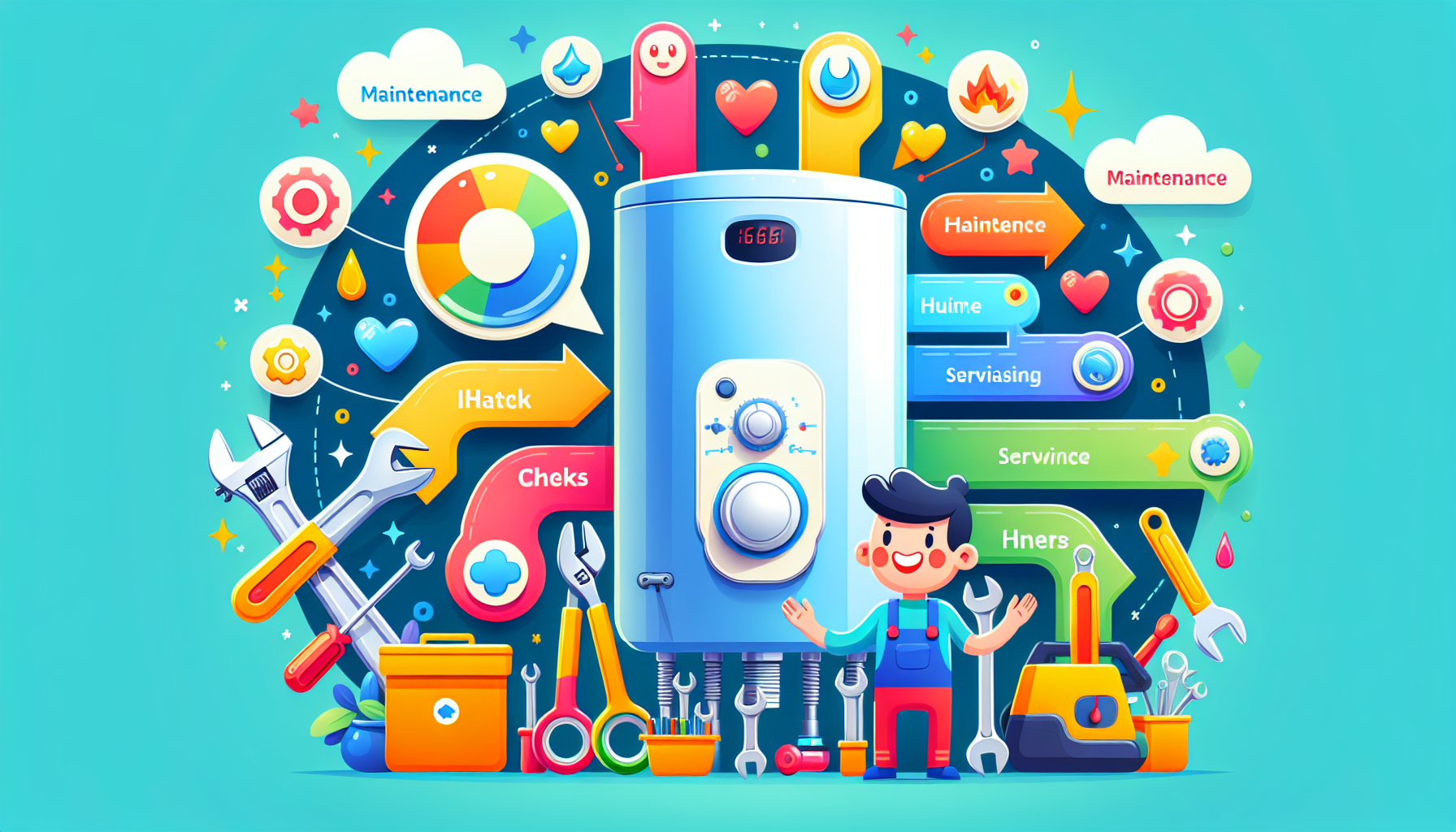
Regular maintenance is crucial for ensuring the longevity and efficiency of your hot water system. Proper upkeep can prevent unexpected breakdowns and costly repairs, enhancing the system’s performance and lifespan.
Let’s delve into the two main aspects of maintenance: regular servicing and DIY maintenance.
Regular Servicing
Annual professional inspections are recommended for electric hot water systems to identify potential issues early and ensure reliable hot water supply. These inspections should include checking the heating element, thermostat, and sacrificial anode to prevent corrosion.
Regular servicing can significantly improve the efficiency and lifespan of your system, making it a worthwhile investment.
DIY Maintenance
DIY maintenance tasks such as flushing the tank annually to remove sediment buildup and checking the temperature pressure relief valve every six months can help keep your hot water system running smoothly. These simple tasks can prevent costly repairs and improve the system’s efficiency.
Regular DIY maintenance ensures your hot water system operates efficiently, providing you with a consistent supply of hot water.
Trusted Brands and Models
Choosing a trusted brand for your hot water system can make a significant difference in terms of reliability and performance. Brands like Rheem, Rinnai, Thermann, Bosch, and Solahart are known for their quality products and excellent customer satisfaction.
Let’s explore the reputation of these brands and compare some of their top models to help you make an informed choice.
Brand Reputation
Rheem is particularly known for delivering a satisfying hot water experience, with warranties ranging from 5 to 10 years. Brands like Thermann, AquaMax, and Bosch also offer highly reliable electric hot water systems, ensuring quality and durability.
Anytime Hot Water is a specialist company focused exclusively on hot water systems, providing expert services and support.
Model Comparisons
When it comes to model comparisons, Rheem MPi325, DuxAero heat, Stiebel Eltron WWK300, and Thermann Heat Pump are some of the top choices in the market for heat pump water heaters. These models are known for their energy efficiency and advanced features, making them excellent options for homeowners looking to upgrade their hot water systems.
Financial Incentives and Rebates
Financial incentives and rebates can make upgrading to an energy-efficient hot water system more affordable. Government programs provide significant support for purchasing and installing these systems, helping to reduce the initial financial burden.
Let’s look at the eligible products and the application process to take advantage of these incentives.
Eligible Products
Government rebates and incentives are available for upgrading to energy-efficient hot water systems like solar and heat pump water heaters. Contacting an accredited supplier is essential to access these installation incentives and ensure you are purchasing eligible products.
These incentives can significantly reduce the overall costs, making energy-efficient systems a viable option for many homeowners.
Application Process
Applying for financial incentives and rebates typically involves submitting a form along with proof of purchase for eligible products. Government programs like the Small-scale Renewable Energy Scheme provide certificates that can be sold for financial benefits, further reducing the cost of your new system.
Navigating the application process is straightforward, and taking advantage of these incentives can lead to substantial long-term savings.
Summary
Replacing your hot water system doesn’t have to be a daunting task. By understanding the signs that your system needs replacement, choosing the right type and size for your home, and knowing what to expect during installation, you can make an informed decision that will provide long-term benefits. The upfront and running costs, along with potential savings from energy-efficient systems and government incentives, make the investment worthwhile.
In conclusion, whether you opt for an electric, gas, solar, or heat pump water heater, regular maintenance and choosing a trusted brand will ensure your system’s efficiency and longevity. Take advantage of financial incentives to reduce the initial costs and enjoy a reliable supply of hot water while saving on energy bills. Upgrade your hot water system today and experience the comfort and savings it brings.
Frequently Asked Questions
What are the signs that my hot water system needs replacement?
If your hot water system is leaking, producing rusty water, making unusual noises, delivering inconsistent temperatures, or is over 8 to 12 years old, it likely needs replacement. Addressing these signs promptly can prevent further issues and ensure reliable hot water access.
Which type of hot water system is best for a large household?
For large households, gas hot water systems are the best choice due to their efficient heating and cost-effectiveness. They can quickly provide the necessary hot water for multiple needs.
How can I reduce the running costs of my hot water system?
To effectively reduce the running costs of your hot water system, implement smart controls, adopt water-saving habits, and take advantage of off-peak tariffs. These strategies can lead to significant savings.
Are there financial incentives for upgrading to an energy-efficient hot water system?
Yes, there are financial incentives and rebates from the government for upgrading to energy-efficient hot water systems, such as solar and heat pump water heaters. Taking advantage of these programs can significantly reduce your initial investment.
What maintenance tasks can I perform myself to extend the life of my hot water system?
You can extend the life of your hot water system by flushing the tank annually, checking the temperature pressure relief valve every six months, and inspecting for leaks. Regularly performing these tasks can help ensure optimal performance and longevity.






